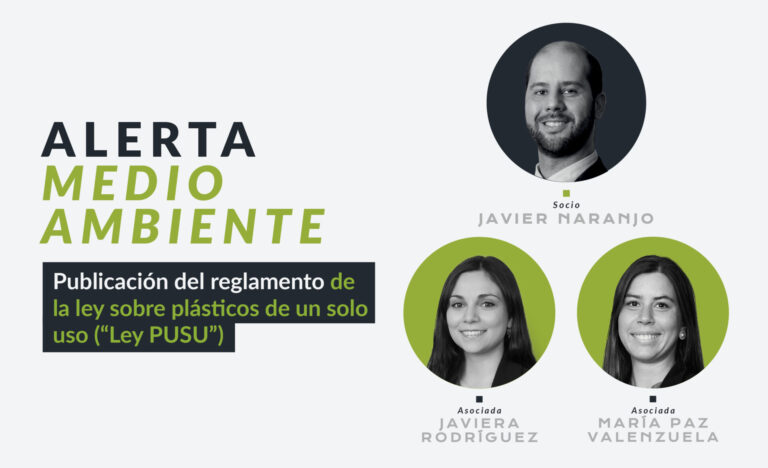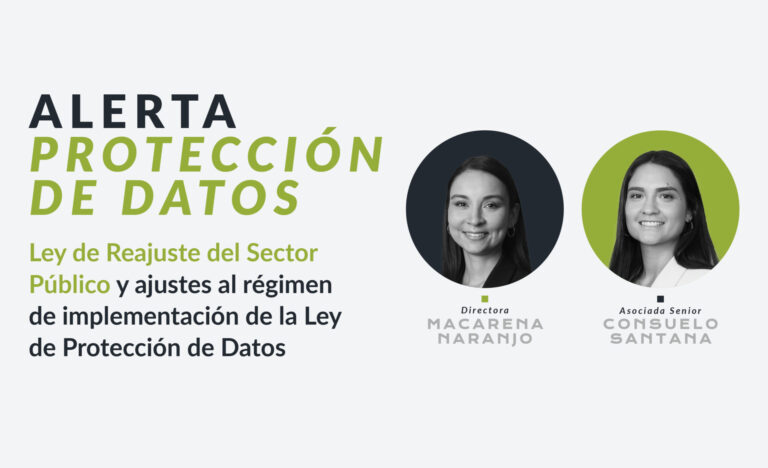Through Exempt Resolution No. 3914 of June 16, 2025, the Ministry of the Environment officially declared textiles as a priority product within the framework of Law No. 20,920, which establishes the Extended Producer Responsibility (“EPR Law”) regime and promotes recycling.
This measure responds to the high volume of textile waste generated in the country, its low recovery rate, and the severe environmental and social impacts resulting from its inadequate disposal, particularly in illegal landfills such as those in the Atacama Desert.
What is meant by “textiles”?
The resolution preliminarily defines textiles as:
“Products that, in raw, semi-finished, finished, semi-manufactured, manufactured, semi-tailored, or tailored state, are composed mainly of textile fibers, regardless of the mixing or assembly process used.”
What does this declaration imply?
This resolution constitutes the first step toward the development of decrees setting collection and recovery targets, as well as other obligations for producers and importers of textiles.
The Ministry of the Environment must initiate the procedure to enact a Supreme Decree that will:
- Define categories and subcategories of textile products subject to EPR;
- Establish collection, recovery, and other obligations for producers.
Who does this affect?
The Extended Producer Responsibility regime is a special waste management system under which producers of priority products are responsible for organizing and financing the management of waste generated by the priority products they market in the country.
This new resolution applies to producers who:
- Market a textile product for the first time in the domestic market;
- Market a textile product under their own brand, having acquired it from a third party who is not the first distributor;
- Import a textile product for their own professional use.
Rationale
- Chile generates approximately 572,000 tons of textile waste annually (7% of per capita municipal solid waste).
- Over 90% of textiles in Chile are imported, with more than 123,000 tons of used clothing imported in 2022.
- It is estimated that less than 1% of textile materials are recycled.
- The textile industry accounts for between 8% and 10% of global carbon emissions.
- This measure aligns with Chile’s international commitments on circular economy and climate change, including its Circular Chile Roadmap for 2040 and the Paris Agreement.
For further information on this matter, you may contact: Javier Naranjo at jnaranjo@jdf.cl; Martín Esser at messer@jdf.cl; Andrea Gallyas at agallyas@jdf.cl; María Paz Valenzuela at mpvalenzuela@jdf.cl; or Javiera Rodríguez at jrodriguez@jdf.cl.






